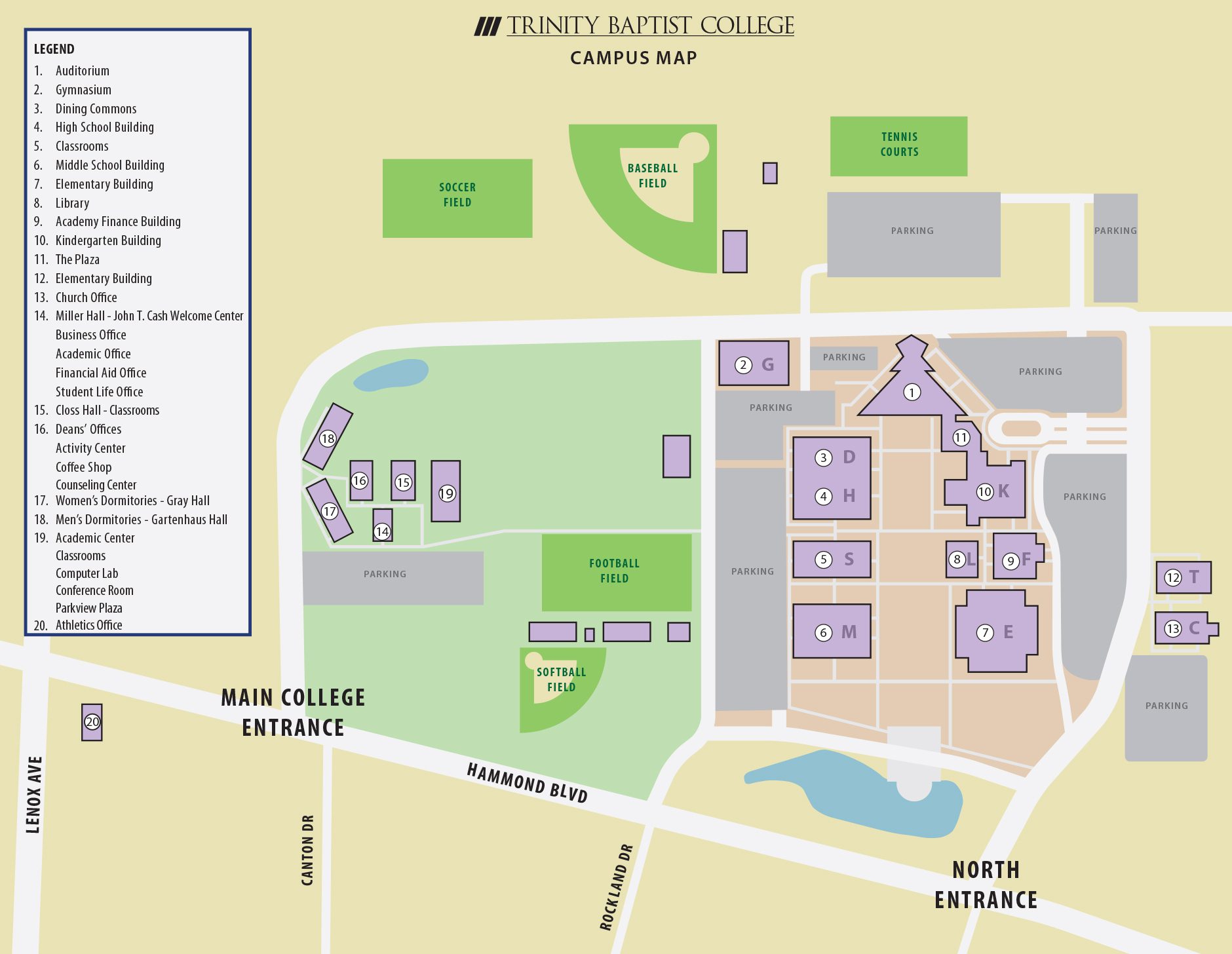Three tips for every commuter student

Often, moving out is assumed when people talk about going to college. However, that is not always the case.
In fact, statistics show that the commuter student population is over half that of on-campus students. Curious? You can read a US news article about that here. Of course, this data will vary drastically depending on the university or college in question, and the percentage of commuter students tends to be lowest in the freshman class. (This might be because many colleges and universities require freshmen to live on campus.)
Wondering why some colleges require freshmen to live on campus? It’s actually for your own benefit! Here’s a quick list of solid reasons why it’s a good idea.
Commuter students face a unique set of challenges.
We met with a commuter student at TBC and her observations echoed that of many other commuters across the country. There are some obvious perks to living at home and driving to class each day, but there are three main areas that are unique challenges for the off-campus student. If you are planning to commute and want to get the most out of your college experience, these are three areas that you should consider as you plan your days.
- Get involved. It takes extra effort to truly get to know fellow classmates and professors and be familiar with campus facilities and events. To be an active participant in college life outside of the classroom, you’ll need to be strategic. It is easy to just go to class and leave, but by doing that you’re missing out on many of the experiences that make college so exciting. On-campus students tend to spend a majority of their time together in the dining hall, in the library, walking back and forth to class, in the activity buildings, attending campus events, and, of course, in their dorm or other student housing. Relationships are built during those times, and you’ll need to intentionally plug in to the campus culture and community outside of class. It is not impossible, but it can be difficult if you aren’t naturally outgoing.
Helpful tip: Purposefully meet fellow freshmen as well as upperclassmen during orientation and build on those connections. Freshmen will likely be slightly out of their comfort zone (but the same boat as you!) and you will likely all have a very similar schedule. Chances are, you’ll see each other frequently and probably have multiple classes together. Upperclassmen will have the inside scoop on how things work and what to expect. It’s always advisable to have more mature people in your life who can share their experiences and perspective. Look for those good influences that you can depend on!
- Traffic is unpredictable. Depending on your distance from campus you’ll need take into account rush hours and possible traffic flow obstacles (accidents, construction, special events, etc.) Each semester, class schedules change and demand that the commuter student learn a new routine. Don’t let this discourage you from your goal! Hundreds of college students accept this challenge every day and pass with flying colors. Just make a point to give yourself extra time, especially on days when you have an exam or a project is due. Being late is never a good idea, but it is a really bad idea to be late on a day when a grade-defining event is on the schedule.
Helpful tip: For the first week or two, plan to give yourself way more travel time that you actually need to get to campus and find your classroom. Get familiar with your route and take note of any rail road crossings or school zones. If you encounter either of those on your way to campus, you may need to scope out alternate routes to keep in mind if needed. If you arrive on campus with 30 minutes to spare, take advantage of that time to roam campus and get familiar with the layout. Or look for a familiar face and start a conversation!
- Even if you commute from home, you may need to plan your own meals. It might work out perfectly for you to run home for lunch or dinner, but then again it might not. Classes, homework, work schedules, and campus activities can conflict with home routines. Meals could easily be one of the main changes you’ll need to account for. (Skipping meals shouldn’t be part of your plan!)
Helpful tip: Look into the possibility of paying for a meal service plan. Making a stop at the college cafeteria could be the perfect answer to a crazy class schedule, and most likely be cheaper than buying snacks every day. (Healthier too, if you choose wisely in the cafeteria!) Another option would be to pack your own meals to bring with you. Take that extra money you’ve saved and use it to knock out that college bill!
In the end, your college experience can be what you want it to be.
If you want to have a positive experience, make the extra effort to make it so! Keeping these three points in mind as you make plans can go a long way toward creating the experience you are looking for. Ask questions, look for creative solutions, and enjoy this exciting phase of life!








Leave a Reply